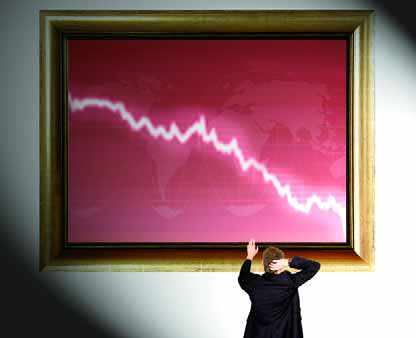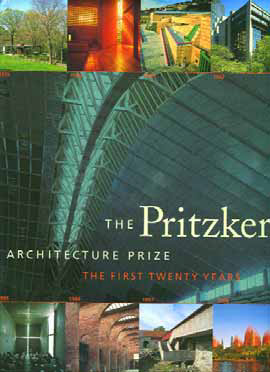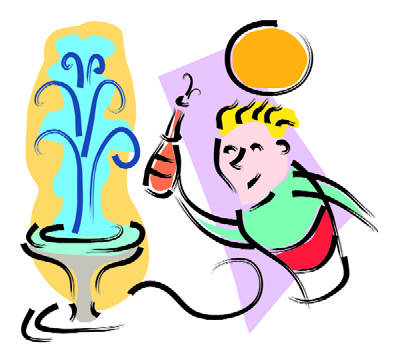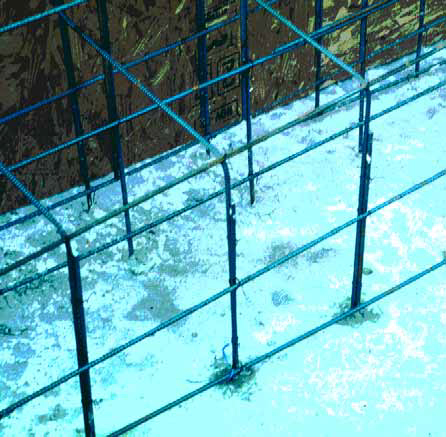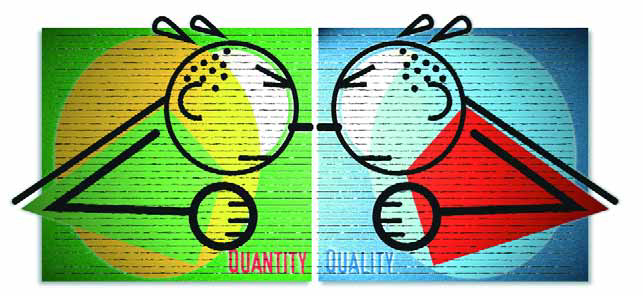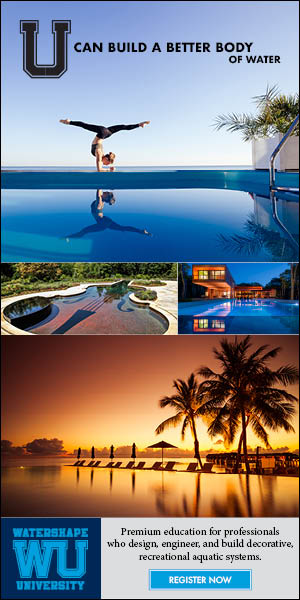excellence
If there's one thing about the world of watershaping that never ceases to amaze me, it's the wide spectrum of skills, styles and project types that define the boundaries of what people engaged in this industry do for their clients. Recognizing that breadth and depth is always encouraging (as I've mentioned before in this space), but in today's marketplace it's becoming
If there's one thing about the world of watershaping that never ceases to amaze me, it's the wide spectrum of skills, styles and project types that define the boundaries of what people engaged in this industry do for their clients. Recognizing that breadth and depth is always encouraging (as I've mentioned before in this space), but in today's marketplace it's becoming
Anyone who runs a good business knows that day-to-day operations are so all-consuming that it's difficult to step back and scope out where you fit within your corner of the industry let alone within the context of national and international business conditions and trends. We can't give those daily details short shrift or step away from balancing the needs of our clients, our projects and our employees and/or subcontractors. We invest in the here and now and in our futures with blood, sweat and tears. Still, it occurs to me that, like all major investments, our daily endeavors need to be protected by an understanding of the entire range of factors that influence
Elevating the way we do things in this industry means addressing our gaps in knowledge on several levels. First, excellence means understanding the aesthetic side of watershaping - design traditions, art history and the nature of visual appeal. Second (and right in step) is the need to know how to build various types of systems properly. As an industry, in other words, we need to know how to avoid mistakes. In February, Genesis 3 staged a construction school in Orlando - and what follows isn't a commercial; rather it's a point of departure for a discussion long overdue in our industry. What struck me is that
Awards, prizes and accolades can serve as a great way to learn about the top professionals in any given field. As a case in point, I recently picked up a copy of The Pritzker Architecture Prize (Harry Abrams, 1999), a beautifully illustrated 200-plus-page tribute to the first 20 winners of this prestigious annual award, which is given to recognize lifetimes of achievement. Established in 1974 by Pritzker family (founders of the Hyatt chain of hotels), the stated goal of the prize program is to increase awareness of reigning architectural geniuses. Most of the prize recipients are still alive and working, and the list of winners includes some of the most extraordinary designers of the second half of the 20th Century, including Philip Johnson, Luis Barragan, I.M. Pei and Tadao Ando, to name a few. Some I had heard of before, but several were new to me. In all cases, this
"To succeed in business or in life, I don't think you need fancy schooling or highly technical experience. What I think you need is common sense, a commitment to hard work and the courage to go your own way."-- Robert Mondavi That statement from Robert Mondavi's autobiography truly inspires me. Since I first read those words, I've become keenly aware of how this and other things he says about his career in the wine industry apply not only to
To know where you're going, you need to have a sense of where you've been. That phrase is a bit shopworn, but it
To my way of thinking, even a so-called average swimming pool is a wonderful thing. It's a product we place in a backyard for the long haul, a product that provides an ongoing recreational experience, operates reliably, enhances lifestyles and adds to property values while offering quality family benefits. With that in mind, I firmly believe that we as an industry must collectively make the decision that there's no place for second-rate construction. "Bargain construction" doesn't work in our industry simply because of the
Of all the things I've learned in my work as a watershape designer and builder, one particular point stands out: When it comes to ensuring quality results and a project's success, there's absolutely no substitute for good supervision! I say this knowing that most job sites run by people in the pool industry are inadequately supervised if they're supervised at all. Yet experience shows, time and time again, that while complete, professional plans are part of success and that great subcontractors are essential, constant oversight is the absolute
During the past few years, I've come to the stark realization that there are too few quality craftspeople in most geographical areas of our country. And it's not just the watershaping trades: The same holds true for most











